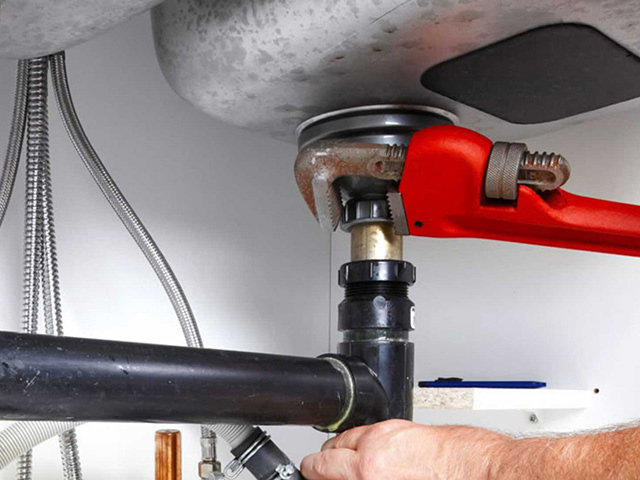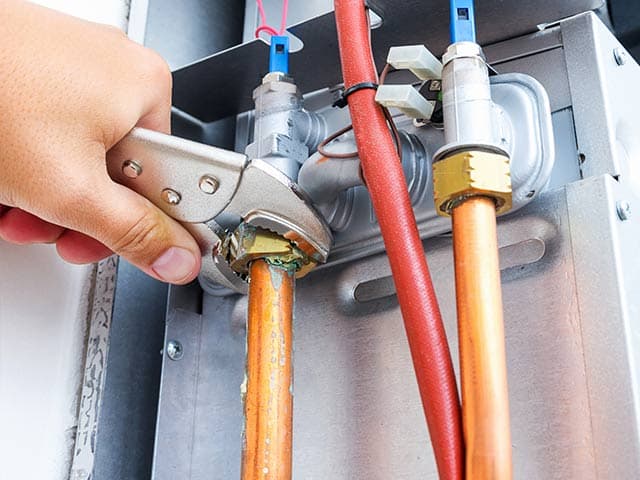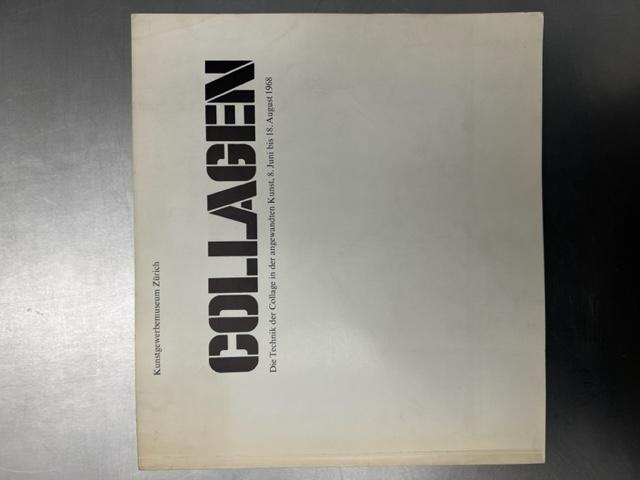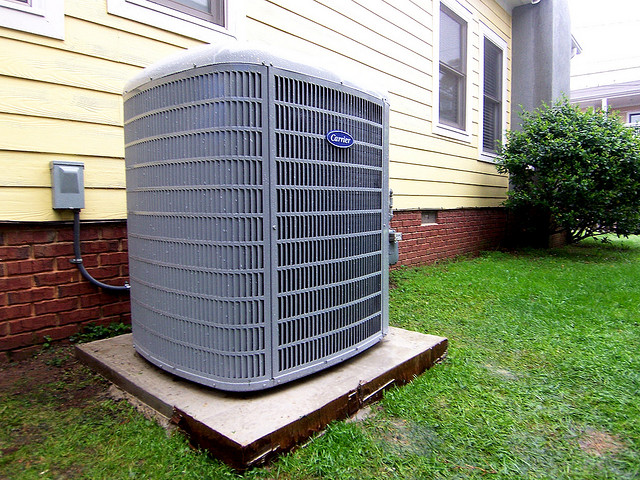Proper ventilation might not be the first thing that comes to mind when you think about plumbing maintenance, but it plays a crucial role in keeping your pipes and fixtures in good condition. From preventing mold and mildew to preserving the integrity of your plumbing system, adequate ventilation is essential for a healthy and efficient home.
Understanding the Importance of Ventilation
Ventilation refers to the process of circulating air to remove impurities and control temperature and humidity levels within a space. In the context of plumbing, ventilation serves several important purposes:
1. Moisture Control
One of the primary functions of ventilation is to control moisture levels. Excess moisture can lead to a host of problems in a home, including mold growth, wood rot, and corrosion of metal fixtures. In bathrooms and kitchens, where moisture levels tend to be higher, proper ventilation is especially important to prevent water damage and maintain indoor air quality.
2. Odor Elimination
Without adequate ventilation, unpleasant odors from drains, garbage disposals, and other plumbing fixtures can linger in your home. Proper ventilation helps to remove these odors by circulating fresh air and expelling stale air to the outdoors.
3. Prevention of Plumbing Failures
Poor ventilation can contribute to plumbing issues such as clogs, leaks, and sewer gas backups. When moisture becomes trapped in pipes and fixtures due to inadequate airflow, it can accelerate the deterioration of materials and increase the risk of blockages and corrosion. By ensuring proper ventilation, you can help prolong the lifespan of your plumbing system and avoid costly repairs.
Key Components of Ventilation Systems
A well-designed ventilation system consists of several key components, including:
1. Exhaust Fans
Exhaust fans are commonly used in bathrooms and kitchens to remove excess moisture and odors from the air. These fans are typically installed in ceilings or walls and vented to the outdoors to ensure proper airflow.
2. Vent Pipes
Vent pipes play a crucial role in plumbing systems by allowing air to enter and exit drain lines, preventing vacuum pressure from building up and impeding the flow of water. Vent pipes also help to vent sewer gases safely outside the home, protecting indoor air quality. Are you looking for more information regarding plumber repair service? Then check out their page to know more.
3. Air Vents
Air vents, also known as air admittance valves or automatic vents, are installed on individual plumbing fixtures to allow air to enter the drain system while preventing sewer gases from escaping into the home. These vents help maintain proper pressure within the plumbing system and prevent traps from siphoning.

Maintaining Your Ventilation System
To ensure that your ventilation system functions effectively and prevents plumbing issues, it’s important to perform regular maintenance. Here are some tips to keep in mind:
- Clean exhaust fan grilles and vents regularly to remove dust and debris that can obstruct airflow.
- Check vent pipes for blockages or damage, and ensure that they are properly connected and vented to the outdoors.
- Inspect air vents and replace any damaged or malfunctioning valves to prevent sewer gas leaks.
- Monitor humidity levels in your home and use a dehumidifier if necessary to reduce moisture buildup.
By taking these proactive measures, you can help protect your plumbing system and enjoy a healthier, more comfortable living environment.
Conclusion
Proper ventilation is often overlooked but plays a critical role in maintaining a healthy and efficient plumbing system. By controlling moisture levels, eliminating odors, and preventing plumbing failures, adequate ventilation helps to safeguard your home and your investment in your property. Make sure to prioritize ventilation as part of your plumbing maintenance routine to avoid costly repairs and ensure the long-term integrity of your home.




